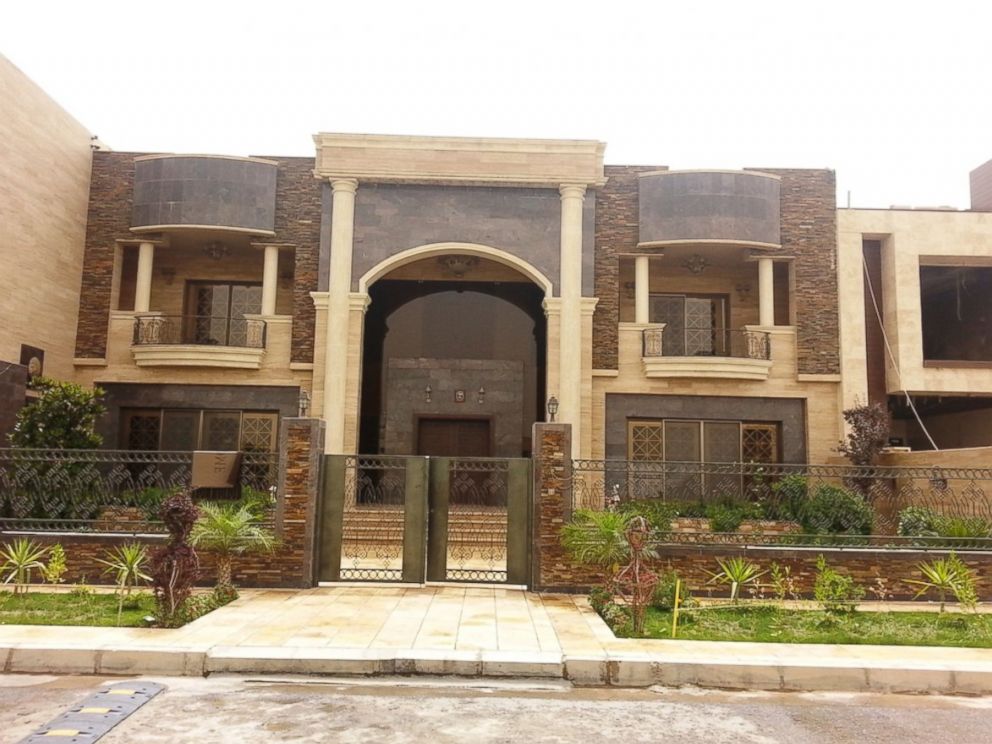Malibu Meets Iraq in Erbil McMansions
Iraq's elite are making Kurdistan's wealthy suburbs home.
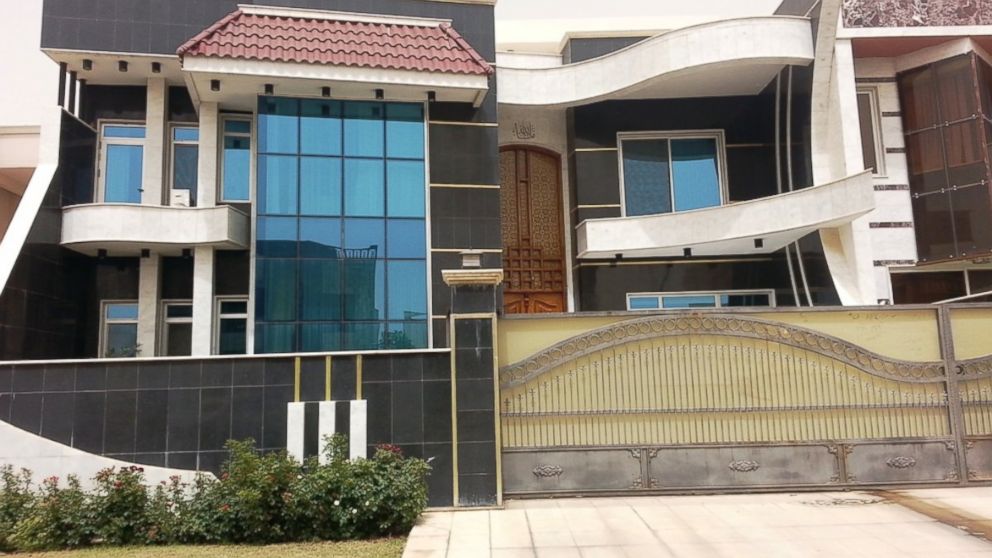
— -- Imagine this: Marble courtyards, lush palm trees and exclusive gated communities a drive away from ISIS aggression. Malibu has come to Iraq.
A robust real estate market has made Erbil, the Kurdish capital in northern Iraq, home to the country's wealthy elite and the site of their palatial mansions.
Iraqi and Kurdish millionaires, politicians, oil tycoons and wealthy Iraqi refugees have flocked to Kurdistan, according to Shwan Zulal, managing director of Carduchi Consulting, a firm based in London and Erbil.
"These are people who are getting richer and have all this cash," Zulal said. "In Iraq and Kurdistan, properties are used as banks."
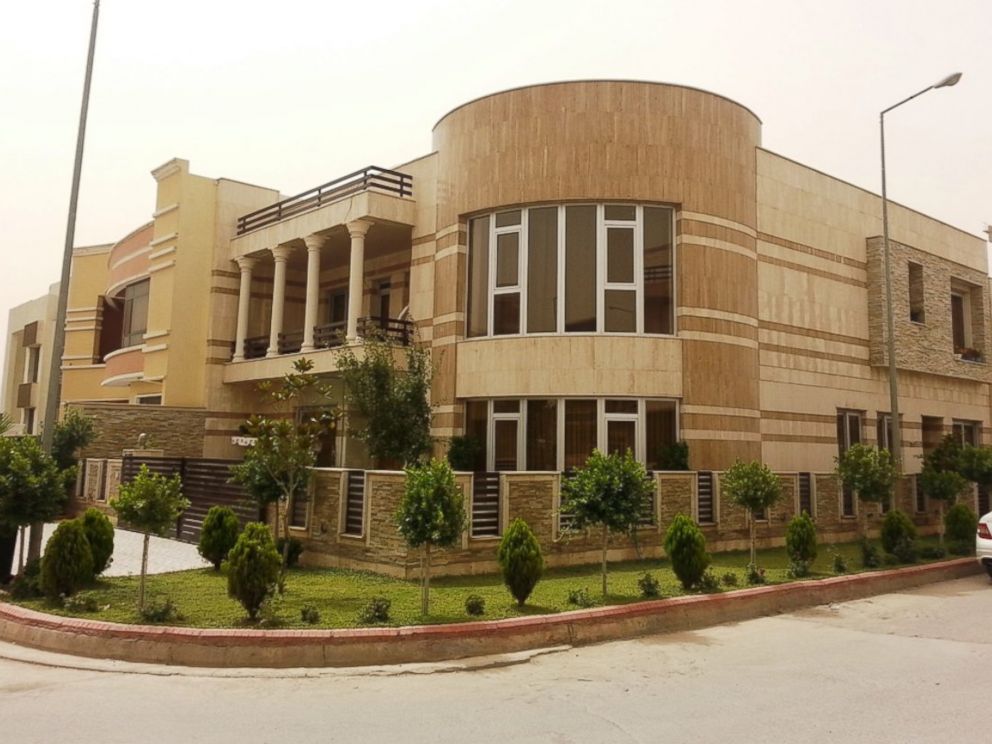
A broken banking industry and lack of faith in Iraq's government have forced the country's rich to find other places to put their money.
"They don't trust the banks, and they're not going to put all this money under their mattresses," Zulal said.
So they're investing in lavish residences.
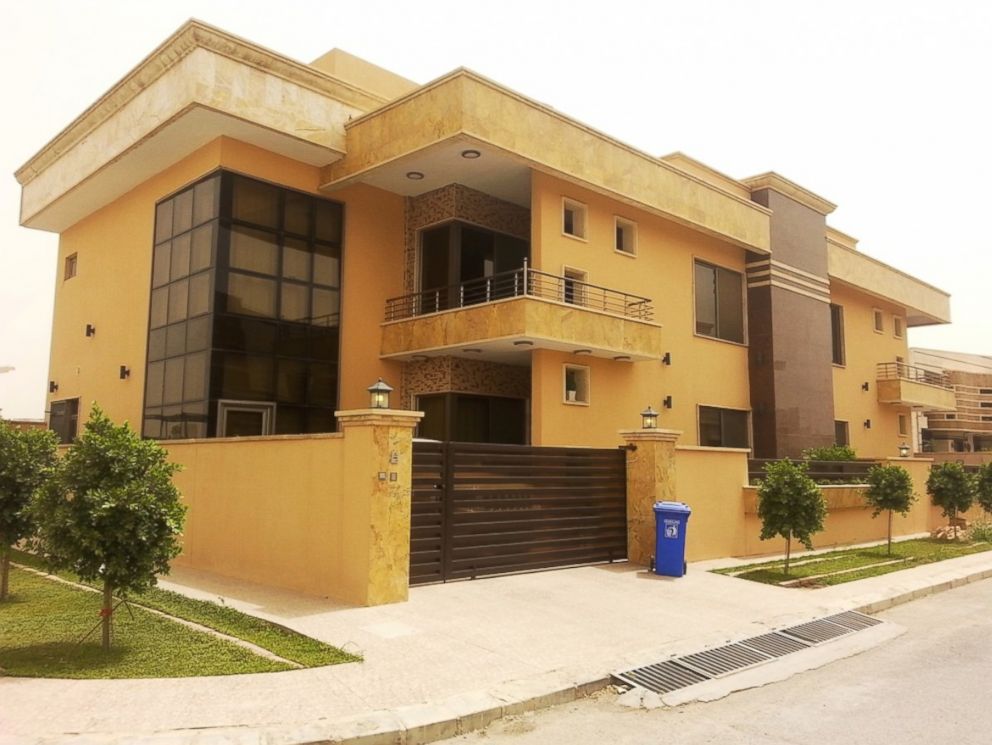
The boom actually started in 2003, when the Iraqi government began to invest money in real estate projects across the country.
"Iraq hadn't built new housing in years," Zulal said. "Once the property market started opening up, values increased, sometimes upwards of 100 percent."
The increased demand for luxury homes like the ones in Erbil are attributed to several factors, including an increase in oil money, a sense of security from terrorist threats and an increase in the size of an Iraqi middle class.
Many of the contractors building these homes are domestic companies, like the Nasri group that has invested heavily in Dream City, an upscale real estate development in Erbil that offers residents access to private pools, health facilities and luxury shopping centers.
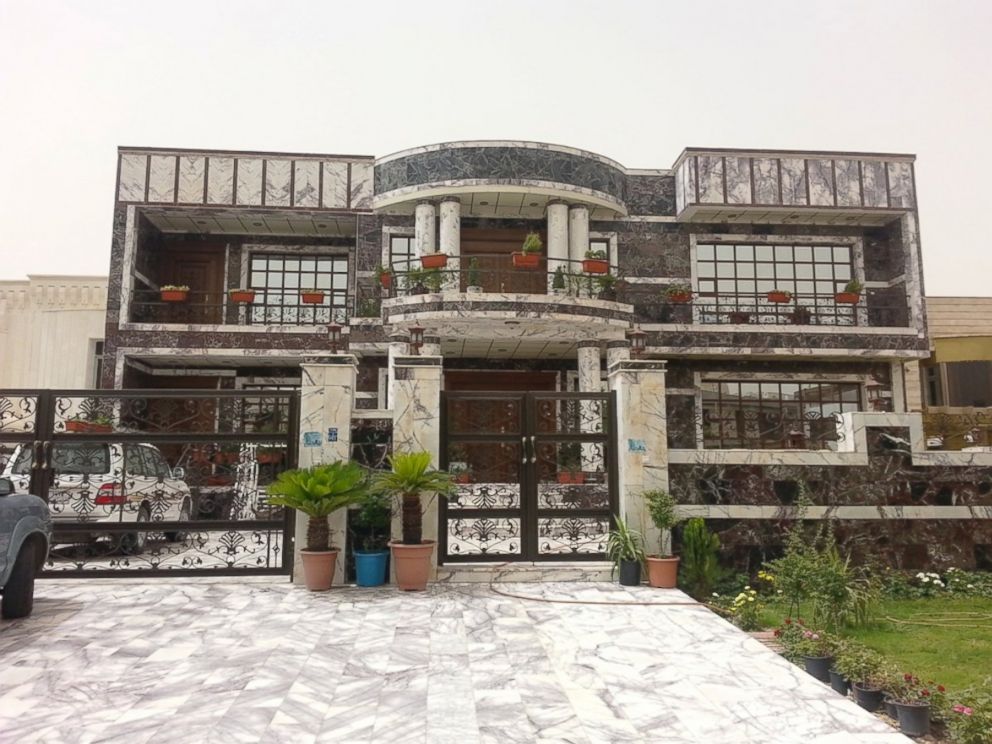
Dream City is also where one businessman who made his fortune in oil is building a multimillion-dollar White House replica he will soon call home.
Meanwhile, ISIS hasn't scared off investors or homeowners, Zulal said, adding that buyers have been assured protection by the U.S.-led coalition.
"They know the American army is willing to take appropriate steps," he said.
